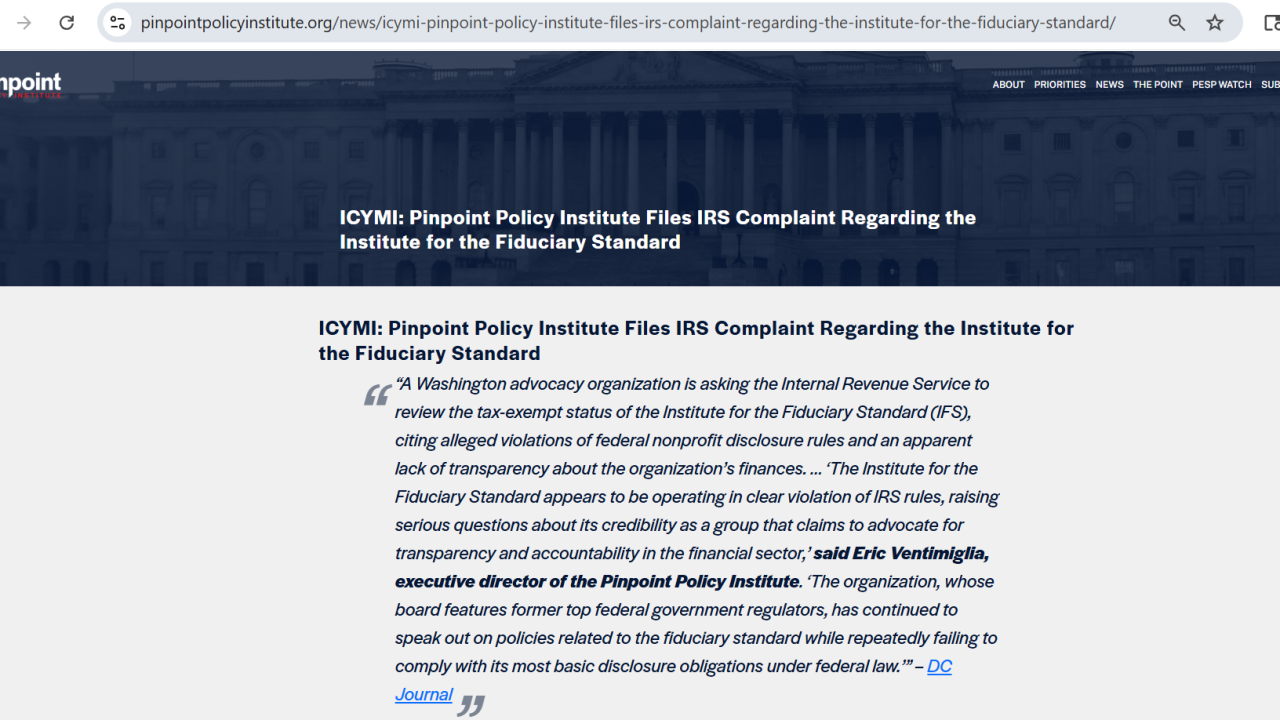Hedge funds may turn out to be a greater competitor to mutual funds than most people expected. While hedge funds are extremely risky vehicles that do not appeal to investors who are interested in safer products, funds of hedge funds offer some of the advantages of hedge funds with an enormous reduction of risk. Although the number of funds of funds is relatively small right now, it's growing, and may soon capture a lot of assets that ordinarily would have gone to mutual funds, say industry observers.
Clearly, mutual fund firms are aware of the increasing popularity of hedge funds. Several companies either increased their presence or entered the hedge fund arena earlier this year through acquisitions, such as OppenheimerFunds, which bought Tremont Advisors, and Legg Mason, which bought Private Capital Management. Hedge funds held a total of $344.5 billion in assets at the end of last year, according to Freeman & Co., and the firm estimates that that number will grow to $915 billion by 2005.
"It's absolutely possible that [funds of funds] will [steal mutual fund assets]. There's a lot of potential benefits there," said Jim Folwell, an analyst at Cerulli Associates. "More importantly perhaps, is that they actually facilitate the lowering of the minimum investment needed to invest in hedge funds, which widens the range of potential investors," said Folwell." There's a lot of buzz around those products right now and I think you can anticipate many more developing in the near future."
Managing Risk
Still, an increase in hedge fund assets alone does not necessarily signify a threat to mutual funds, since hedge funds have traditionally attracted more aggressive investments. A significant part of funds of hedge funds, however, is that they act as a risk management tool, said Steve Pomerantz, CIO of Gordon Asset Management.
"The mere notion of investing in a fund of funds is probably the single greatest act of risk management," said Pomerantz, who spoke last week in New York at a forum on funds of funds sponsored by the Institute for International Research.
Lots of Buzz
There is a lot of buzz around hedge funds right now, but investors remain wary of their reputation for aggressive, riskier investment strategies. "The reason to have multimanagers is because [hedge funds] blow up. It's not a matter of if they blow up, but when," said William Gurner, CIO of Sector Capital Management. Funds of funds can assuage that worry, while capitalizing on the current interest in hedge funds, said Victor Cain, managing member at Treflie Capital Management.
"A multimanager vehicle is a form of risk management and I think that's one of the real advantages that the hedge fund industry has at this stage," said Cain. "You have mutual funds that people are very used to, you have managed accounts, but as the public begins to look into the hedge fund industry it seems to me that a very logical way to approach it will be in the multi-manager, fund of funds vehicle."
In fact, funds of funds are becoming even safer, more consistent vehicles as firms increase the number of hedge funds used in them, said James Park, CEO of Paradigm Global Advisors. Most firms incorporate between 15 and 20 hedge funds in a fund of funds, and although that's an increase from when the products were first developed, it's still too few, said Park. In terms of deviation, hedge funds act like stocks, not mutual funds, and so a fund of between 75 and 100 hedge funds is necessary to really provide a complete level of diversification, he said.
"I think it's the same reason why you won't build a stock portfolio by yourself, you'll just pick a mutual fund," said Park. "The answer is that hedge funds are a high-risk business, but they diversify nicely...Still, certainly, the industry is getting better and better, and I think actually you have opened floodgates and the full attention has shifted from hedge funds to funds of funds."
High-net-worth investors have become a priority target of virtually every asset manager these days, and they represent one side of the market that might be lured by funds of funds, according to analysts. Another side not to overlook, however, is investments from pension funds. Pension fund managers are receiving a lot of pressure to "get in on hedge funds," and, with funds of funds, they can while maintaining a high level of diversification, said Pomerantz. Part of that diversification lies in the fact that hedge funds short positions, and, although individually they are very volatile, together they provide a superior asset class, said Park. Five to 10 years from now, no pension fund will have any significant part of its portfolio that is long only, he added.





